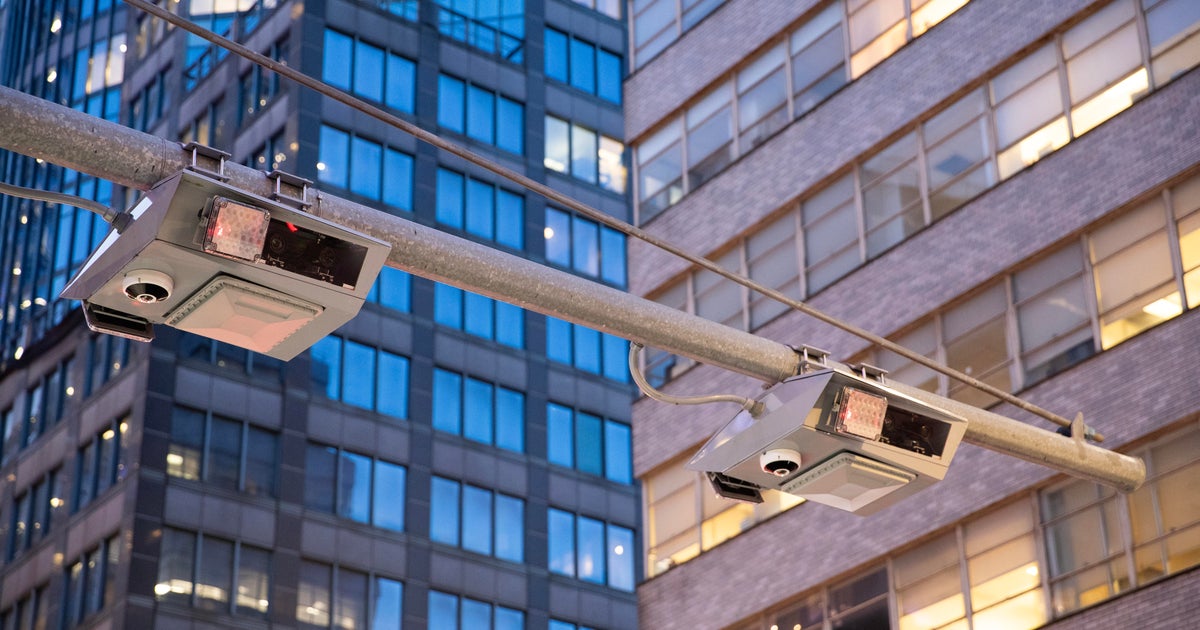NTSB Adopts Proposals After Metro-North Accidents
NEW YORK (CBSNewYork/AP) -- Federal regulators who concluded that an engineer's sleep apnea caused a deadly Metro-North train derailment in the Bronx adopted several recommendations Wednesday for better screening of such disorders, including a call for improved physician training.
The National Transportation Safety Board, meeting in Washington, approved all the conclusions and recommendations in a staff report that examined five Metro-North Railroad accidents in New York and Connecticut in 2013 and 2014.
"We noted a rising trend of accidents and incidents in passenger rail,'' said Christopher Hart, acting chairman of the NTSB. "Today's recommendations --- have the potential to reverse this trend.''
U.S. Sen. Charles Schumer said he was "pleased that the NTSB's final recommendations reflect the need to change that culture of safety."
"The recent tragedies involving Metro-North trains have demonstrated time and again that this rail line emphasized on-time performance above an honest concern for, and investment in safety for commuters and rail workers alike," Schumer said in a statement. "These expert NTSB recommendations, involving track safety, improved training and more, must be rules of the rails and will undoubtedly help prevent future tragedies."
Among the Metro-North accidents was a Dec. 1 derailment that killed four people near the Spuyten Duyvil station.
The NTSB said last month that engineer William Rockefeller had fallen asleep at the controls because he had a severe, undiagnosed case of sleep apnea.
NTSB Weighs Proposals After Metro-North Accidents
The NTSB reported in April that although Rockefeller had never been diagnosed, tests after the accident showed the disorder interrupted his sleep dozens of times each night.
Investigators said Rockefeller told them he had felt strangely "dazed'' right before the crash.
Two of the recommendations went to the American College of Physicians and the American Academy of Family Physicians, asking the doctors' groups to enhance training so physicians can better "identify the risk factors for, evaluate and effectively treat obstructive sleep apnea.''
In addition, the NTSB issued recommendations urging Metro-North and the Long Island Rail Road to routinely screen "safety-sensitive'' employees for sleep disorders. It urged other railroads and rail unions to support such screening.
The NTSB cannot require screening and it repeated a call to the Federal Railroad Administration, which can, to impose sleep-disorder screening on all railroads.
"Only the FRA can provide the regulatory basis to improve passenger rail safety nationwide and we urge the FRA to do so,'' Hart said as the meeting ended.
Much of the discussion during the meeting repeated earlier findings, including that Metro-North had developed a "culture'' that sacrificed safety for the sake of on-time performance.
During Wednesday's meeting, NTSB members and investigators praised Metro-North's response, noting that safety was now top priority and that a sleep-disorder program is now in place. But they noted that screening for engineers in the New York City subway was in place before the Bronx wreck.
Other recommendations in Wednesday's report urge Metro-North to improve communication among its various divisions and to implement a "non-punitive safety reporting system'' so employees feel free to report problems.
Railroad president Joe Giulietti said they're engaged in every facet of critical safety reports.
"We have turned around and not only responded to, but are continuously looking at, how do you make sure that it never gets to that condition again," he told WCBS 880's Paul Murnane.
Giulietti said the railroad already has taken action on each of the NTSB recommendations.
"We will continue to work on improvements, such as installing cameras on trains, fatigue management programs, and vastly improved track inspections,'' he said.
Check Out These Other Stories From CBSNewYork.com:
(TM and © Copyright 2014 CBS Radio Inc. and its relevant subsidiaries. CBS RADIO and EYE Logo TM and Copyright 2014 CBS Broadcasting Inc. Used under license. All Rights Reserved. This material may not be published, broadcast, rewritten, or redistributed. The Associated Press contributed to this report.)



